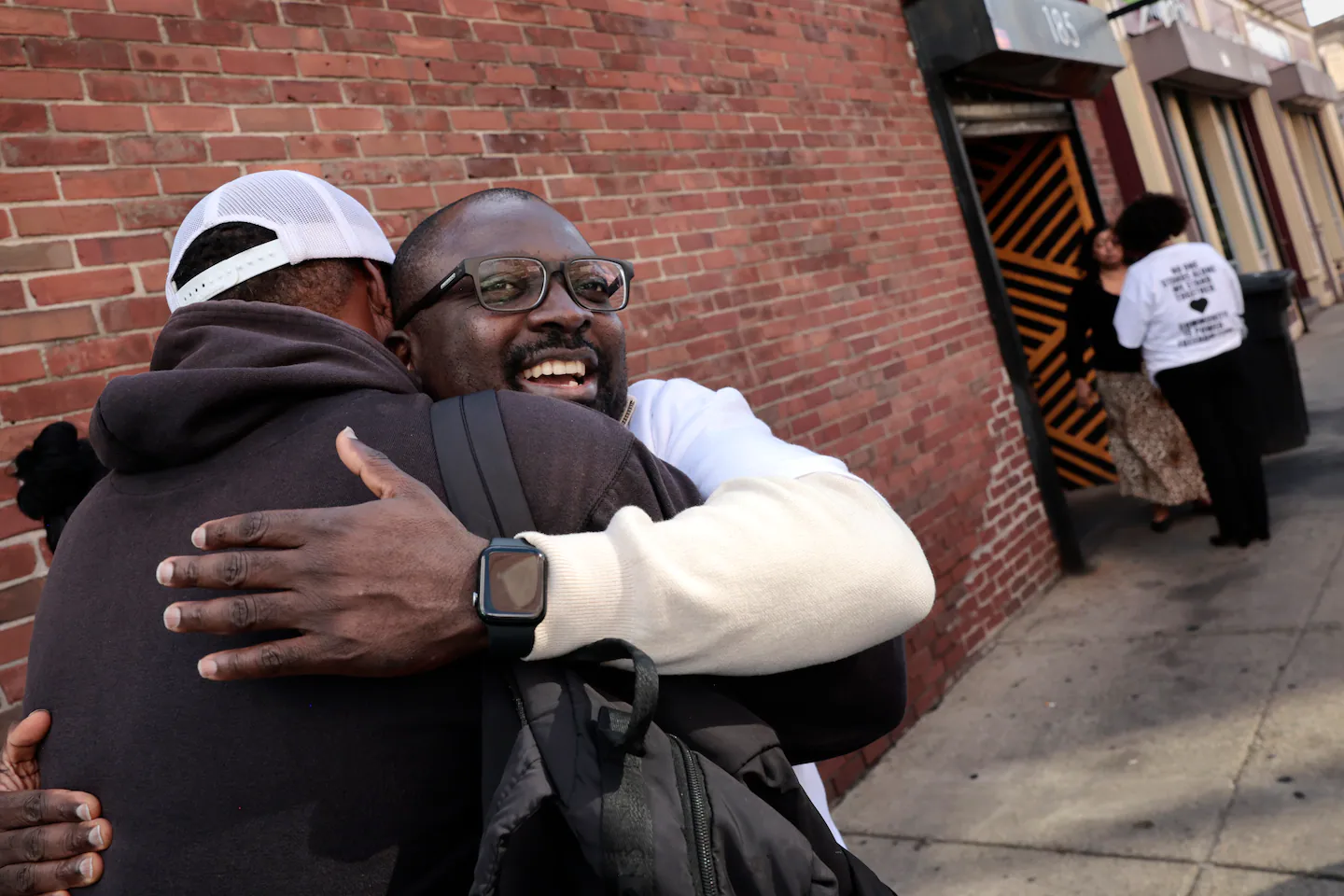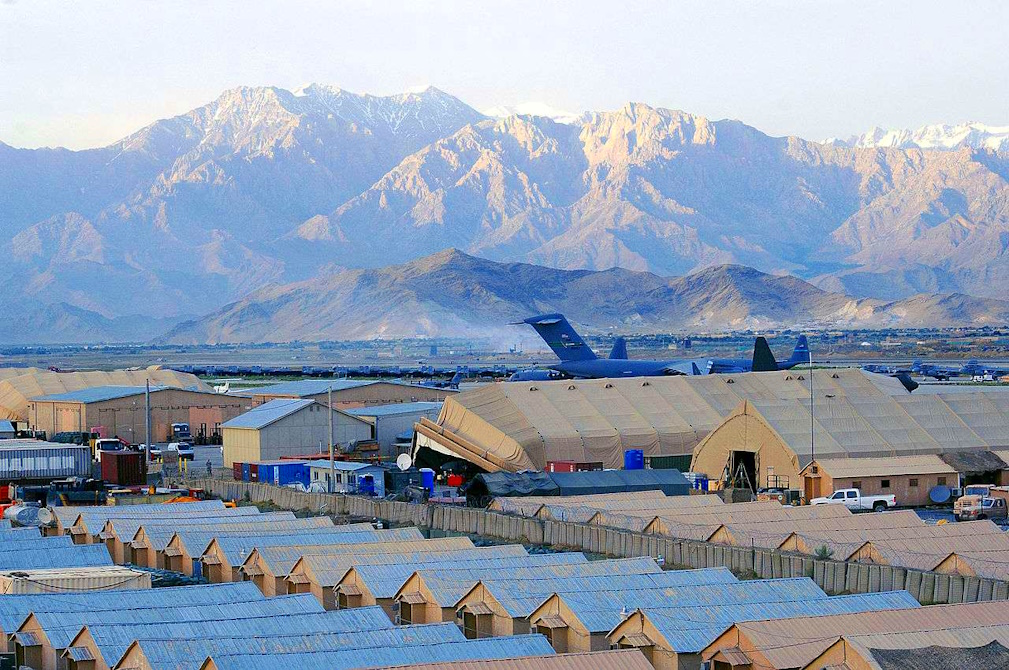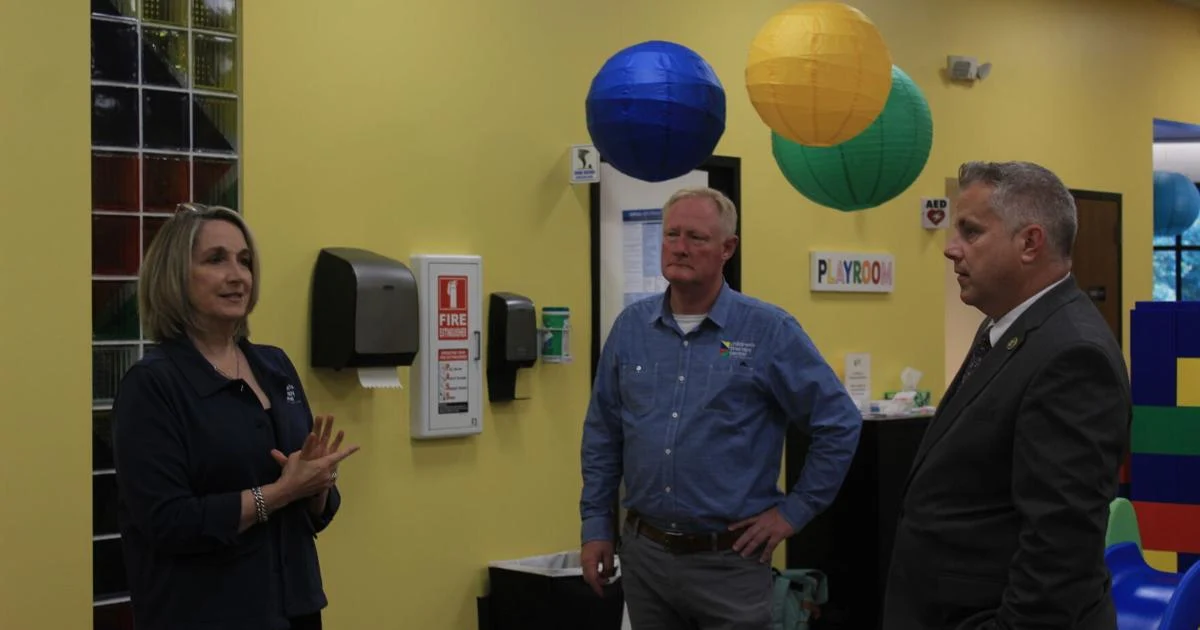
After Dama was freed, his mother’s fervent wish was that he leave Nigeria for the United States to live with his younger sister. The 46-year-old Dama, who recounted his experiences in an interview with the Globe on Friday, never imagined that once he was free and living in the United States, he would again endure such a terrifying ordeal.
Dama, who became a manager at his family’s popular Boston-based Nigerian restaurant chain, Suya Joint, is one of approximately 2,800 people who have been arrested by ICE in Massachusetts between January and July, according to data from the Deportation Data Project.
His is a story of trauma, healing, and reunion that began in his native country of Nigeria and reached a climax Thursday night when his sister picked him up at the ICE office in Burlington after a judge granted him asylum.
The federal government has the right to appeal the decision until Oct. 23. His family has been worried that it would have to shut down their restaurant if he could not stay in the country.
“I never knew I was going to step my foot on American soil after the [ICE] arrest based on what I was seeing happening to people on the news and even people at the jail where I was,” he said as he sat at one of the tables at Suya Joint in Roxbury. He wore a T-shirt that said “I stand with Paul,” created by his family. ”It was kind of like, well, that was the end of the journey for me.”
Dama has always been interested in politics and earned a degree in political science from the University of Jos in Nigeria. He started working as a television journalist in 2012.
“I wanted people to know the truth about what was going on in the community and society and with the government,” he said.
When Dama was kidnapped by Boko Haram, he remembers being singled out among his friends. His kidnappers were looking for him because of his coverage of the terrorist group.
Dama’s family, through fund-raising and selling family jewelry, paid almost $13,000 in ransom to Boko Haram to gain his release. After days of beatings while Boko Haram negotiated with his family, Dama was released on Oct. 13, 2018. He went to the Nigerian police, and received little to no help, he recalled.
“The government seemed powerless fighting Boko Haram,” Dama said.
Dama said he wanted to return to work as a journalist, but his body — and his mind — were bruised. One hit to his knee made it difficult for him to walk, and he constantly felt like he was being watched.
After taking an extended leave from work, Dama moved to Nigeria’s Lagos State to be with one of his three sisters. As he began to heal, he became involved with the activist group End SARS, which protested police brutality and corruption and became a target of the Nigerian police, he said. He added that he was arrested by police twice, in February and April of 2019, and each time, he inched closer to deciding to leave his homeland.
“Since I escaped from the police, the next time they catch me, they might just shoot me and kill me,” Dama said.
His mom kept pushing him to flee as she feared for his safety. “You are not safe in this country anymore,” he recalled her saying. “I don’t think I want to lose you in this way.”
Dama left Nigeria on May 1, 2019, arriving in the United States the next day with only a suitcase of clothes. He said he applied for asylum in the spring of 2020 and eventually was granted work authorization.
He worked two jobs, as a social worker for Nexus Inc. and as manager for his sister Cecelia Lizotte’s restaurants.
On June 15 this year, six years after he had fled to the United States, Dama woke up around 4 a.m., with an ominous feeling. Later that morning, he said, he was driving to church when a gray SUV with tinted windows approached his vehicle.
Four other SUVs approached and surrounded Dama’s car, lights flashing.
“I kind of felt like it was a kidnapping again,” he said.
Dama was then arrested and detained by ICE agents near his home in Brockton. ICE agents took his phone, his identification, even his belt, before cuffing his arms and his ankles, Dama said.
The agency did not return requests for comment from the Globe on this case.
He spent over three months in Strafford County Department of Corrections in Dover, N.H., while his asylum case played out. While he was detained, Lizotte put in long hours coordinating with the lawyer and updating community members worried about Dama and Suya Joint. A fund-raiser launched for Dama’s legal fees had raised over $50,000 as of Friday afternoon.
In jail, reading the news on tablets kept Dama going. He took on somewhat of a leadership role among the other inmates, providing updates and recommending his lawyer, Abeba Attles.
While he was in jail, Dama said could not help but think of his old traumas in Nigeria.
On the eve of the two-year anniversary of his mom’s death, Dama went to court for a bond hearing. He desperately wanted to be released to be with his family the next day, remembering his mother.
Immigration Judge Yul-mi Cho denied Dama’s bond and his asylum hearing was pushed back until September. On Tuesday, Cho granted asylum to Dama, though he had faced two separate charges of operating a vehicle under the influence last year, his lawyer said. But the judge recognized Dama’s efforts at rehabilitation and used her discretion to grant asylum.
When Dama shared the news of his asylum with his fellow detainees, he said the entire place erupted in applause. Two days later, he heard his name over the intercom — he was being released from custody.
Thursday night, Lizotte received a call to pick Dama up. When she saw him for the first time, she remembers screaming.
“I’m overwhelmed with joy,” she said Friday, also wearing shirt that said “I stand with Paul.” The return of her cool and collected older brother — a complement to her loudness and big ideas — is a huge relief for her and the restaurant.
Friday afternoon, a parade of community members passed Suya Joint, shaking hands with the newly released restaurant manager. “Stay safe,” one customer said. “Glad to see you.”
Dama still worries about the friends he made while in detention. His closest friend called him from jail this morning and said he wasn’t able to eat breakfast alone.
“I’m still rooting for you out here,” Dama told him. “I will support you in any way.”
Dama told him to fill out a visitor request form so he could return to Dover to see his friend in person. But his friend was insistent. Don’t come back here, he said.



